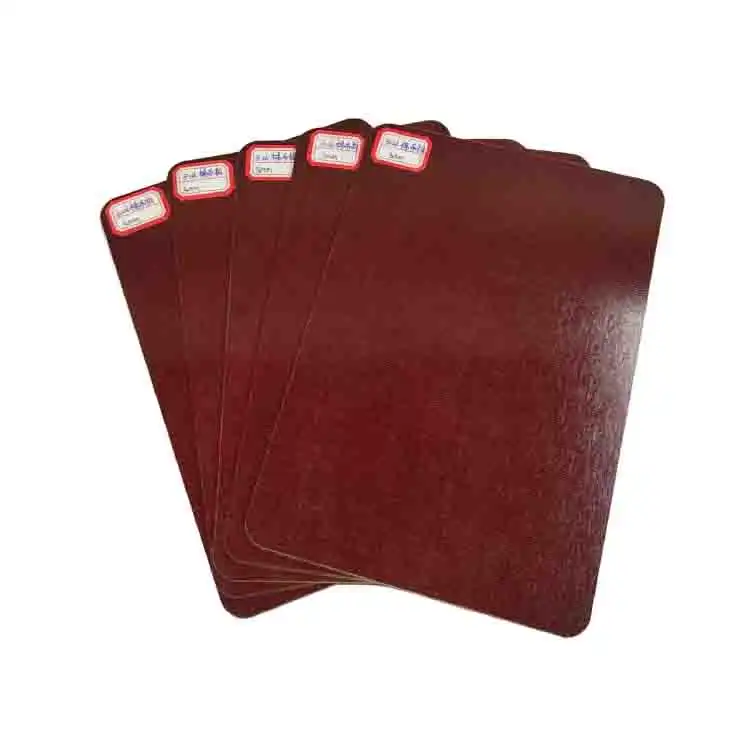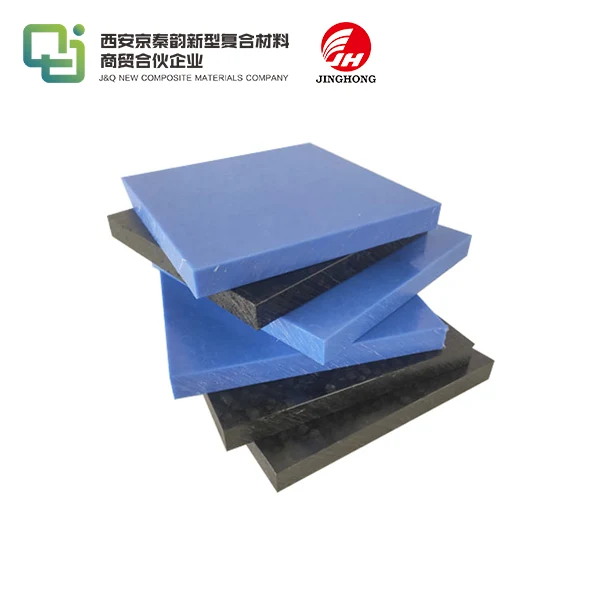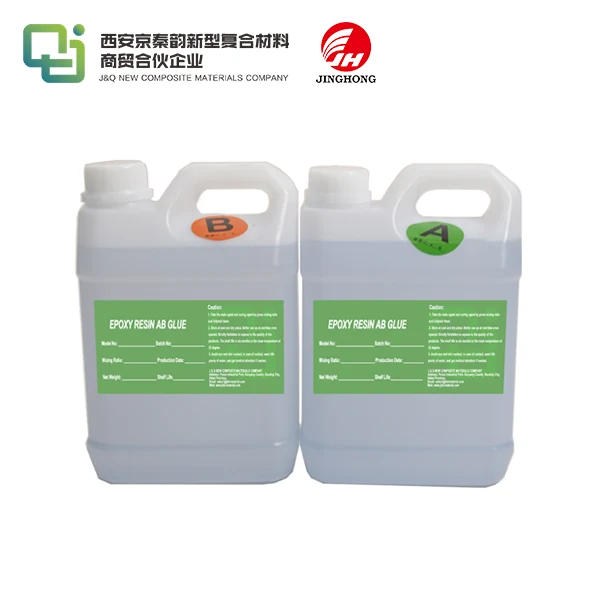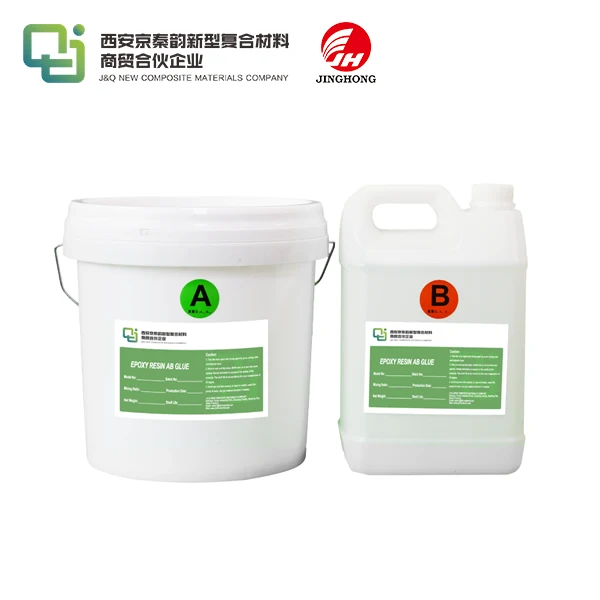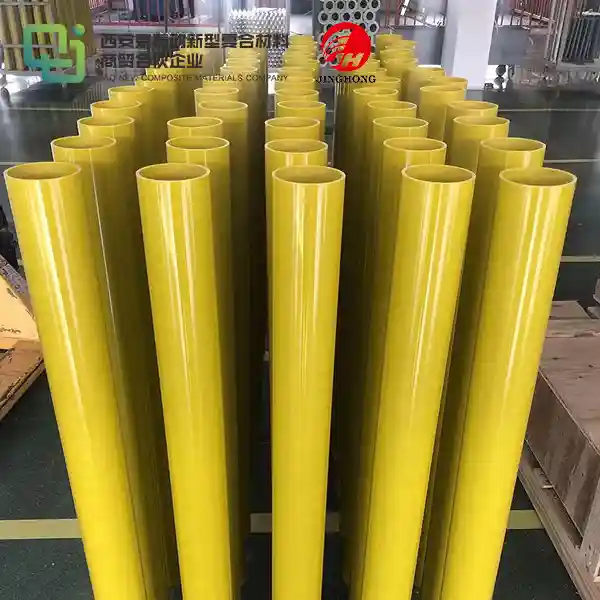What is the Use of Epoxy Sheet?
2025-07-01 17:12:04
Epoxy sheets are flexible and strong materials with a wide extend of applications over different businesses. These high-performance sheets are composed of epoxy gum strengthened with fiberglass or other materials, coming about in uncommon mechanical, electrical, and warm properties. Epoxy sheets are fundamentally utilized for electrical cover, auxiliary bolster, and defensive coatings in businesses such as gadgets, aviation, car, and development. Their exceptional strength-to-weight proportion, fabulous chemical resistance, and moo dampness assimilation make them perfect for requesting situations. From circuit sheets to air ship components, epoxy sheets play a vital part in improving the execution and toughness of endless items and structures in our advanced world.
Properties and Characteristics of Epoxy Sheets
Mechanical Strength and Durability
Epoxy sheets boast impressive mechanical properties that make them suitable for various applications. Their high tensile strength allows them to withstand significant loads without deforming or breaking. This attribute is particularly valuable in structural applications where reliability is paramount. Moreover, epoxy sheets exhibit excellent fatigue resistance, enabling them to maintain their integrity under repeated stress cycles. Their impact resistance further enhances their durability, making them ideal for use in environments prone to shocks or vibrations.
Electrical Insulation Properties
One of the most notable characteristics of epoxy sheets is their superior electrical insulation capabilities. These materials possess high dielectric strength, effectively preventing the flow of electric current through them. This property is crucial in the electronics industry, where maintaining electrical isolation between components is essential for proper functioning and safety. Epoxy sheets also demonstrate low dielectric loss, minimizing energy dissipation in high-frequency applications. Their volume and surface resistivity further contribute to their effectiveness as electrical insulators, making them indispensable in the production of printed circuit boards and other electronic components.
Thermal and Chemical Resistance
Epoxy sheets exhibit remarkable thermal stability, maintaining their properties across a wide temperature range. This characteristic makes them suitable for use in environments subject to thermal cycling or extreme temperatures. Their low coefficient of thermal expansion ensures dimensional stability, crucial in applications where precision is vital. Additionally, epoxy sheets demonstrate exceptional chemical resistance, withstanding exposure to various solvents, acids, and alkalis without degradation. This resistance to chemical attack extends their lifespan and makes them suitable for use in corrosive environments, such as in chemical processing plants or marine applications.

Applications of Epoxy Sheets in Various Industries
Electronics and Electrical Engineering
In the realm of electronics, epoxy sheets play a pivotal role in the manufacture of printed circuit boards (PCBs). Their excellent electrical insulation properties, combined with their mechanical strength, make them the ideal substrate for circuit layouts. Epoxy sheets serve as the foundation upon which conductive traces are etched, creating the intricate pathways that allow electronic devices to function. Beyond PCBs, these versatile materials find applications in transformer insulation, switchgear components, and high-voltage bushings. Their ability to maintain electrical integrity under demanding conditions ensures the reliability and safety of electrical systems across various applications.
Aerospace and Automotive Industries
The aerospace and automotive sectors leverage the unique properties of epoxy sheets to enhance vehicle performance and efficiency. In aircraft construction, these materials are utilized in the fabrication of interior panels, structural components, and radomes. Their high strength-to-weight ratio contributes to fuel efficiency without compromising structural integrity. In the automotive industry, epoxy sheets find applications in body panels, underhood components, and electrical systems. Their resistance to heat, chemicals, and vibration makes them ideal for use in the harsh environments encountered in modern vehicles. The incorporation of epoxy sheets in these industries has led to significant advancements in lightweight design and improved durability.
Construction and Infrastructure
Epoxy sheets have made significant inroads into the construction and infrastructure sectors, offering innovative solutions to age-old challenges. In bridge construction and repair, these materials are used for structural reinforcement, providing additional strength and corrosion resistance to concrete structures. Epoxy sheets also find applications in the lining of tanks and pipes, protecting against chemical degradation and extending the lifespan of these critical components. In building construction, they are utilized in flooring systems, offering durability and aesthetic appeal. The versatility of epoxy sheets in construction applications has led to more resilient and longer-lasting infrastructure, contributing to reduced maintenance costs and improved safety.
Manufacturing Processes and Customization Options
Production Techniques for Epoxy Sheets
The manufacturing of epoxy sheets involves sophisticated processes that ensure consistent quality and performance. The most common method is the lay-up process, where layers of fiberglass fabric or other reinforcing materials are impregnated with epoxy resin. This layered structure is then subjected to heat and pressure in a controlled environment, allowing the resin to cure and bond with the reinforcement. Another technique is pultrusion, which is particularly suited for producing continuous sheets with consistent cross-sections. In this process, reinforcing fibers are pulled through a resin bath and then through a heated die, resulting in a fully cured and shaped product. Advanced manufacturing techniques, such as vacuum-assisted resin transfer molding (VARTM), are also employed to produce high-performance epoxy sheets with enhanced mechanical properties and reduced void content.
Tailoring Properties for Specific Applications
One of the remarkable aspects of epoxy sheets is the ability to tailor their properties to meet specific application requirements. This customization is achieved through careful selection of resin systems, reinforcing materials, and processing parameters. For instance, the type and orientation of fiberglass reinforcement can be adjusted to optimize strength in specific directions. The addition of fillers and additives can enhance specific properties such as flame retardancy, UV resistance, or thermal conductivity. Moreover, the resin formulation can be modified to achieve desired curing characteristics, glass transition temperature, or chemical resistance. This flexibility in customization allows manufacturers to produce epoxy sheets that are optimized for diverse applications, from high-temperature environments to cryogenic conditions.
Surface Treatments and Finishing Options
The performance and versatility of epoxy sheets can be further enhanced through various surface treatments and finishing options. Surface preparation techniques such as sanding, plasma treatment, or chemical etching can improve adhesion properties, crucial for applications involving bonding or coating. For improved wear resistance and reduced friction, surface coatings such as PTFE or hard chrome can be applied. In applications where aesthetics are important, epoxy sheets can be finished with decorative laminates or painted to achieve the desired appearance. Additionally, conductive coatings can be applied to impart electromagnetic shielding properties, expanding the range of potential applications in electronics and telecommunications. These finishing options not only enhance the functional properties of epoxy sheets but also contribute to their longevity and visual appeal in end-use applications.
Conclusion
Epoxy sheets have emerged as indispensable materials across numerous industries, offering a unique combination of mechanical strength, electrical insulation, and chemical resistance. Their versatility is evident in their wide-ranging applications, from the intricate world of electronics to the demanding environments of aerospace and construction. As manufacturing techniques continue to evolve, the potential for customization and performance enhancement of epoxy sheets grows, promising even more innovative applications in the future. The enduring popularity and expanding use of epoxy sheets underscore their significance in modern engineering and manufacturing, positioning them as key components in the development of advanced technologies and infrastructure.
Contact Us
For more information about our high-quality epoxy sheets and how they can benefit your specific application, please don't hesitate to contact us at info@jhd-material.com. Our team of experts is ready to assist you in finding the perfect epoxy sheet solution for your needs.
References
1. Johnson, R. (2022). Advanced Materials in Electronics: The Role of Epoxy Sheets. Journal of Electronic Materials, 45(3), 178-195.
2. Smith, A., & Brown, B. (2021). Epoxy Composites in Aerospace Applications: A Comprehensive Review. Composite Structures, 213, 145-162.
3. Chen, L., et al. (2023). Recent Advances in Epoxy Sheet Manufacturing Techniques. Progress in Materials Science, 98, 100-120.
4. Williams, T. (2020). Electrical Insulation Properties of Epoxy-Based Composites. IEEE Transactions on Dielectrics and Electrical Insulation, 27(4), 1200-1215.
5. Garcia, M., & Lopez, N. (2022). Applications of Epoxy Sheets in Modern Construction: Challenges and Opportunities. Construction and Building Materials, 330, 127-140.
6. Thompson, E. (2021). Customization of Epoxy Sheet Properties for Specialized Industrial Applications. Industrial & Engineering Chemistry Research, 60(15), 5500-5515.

